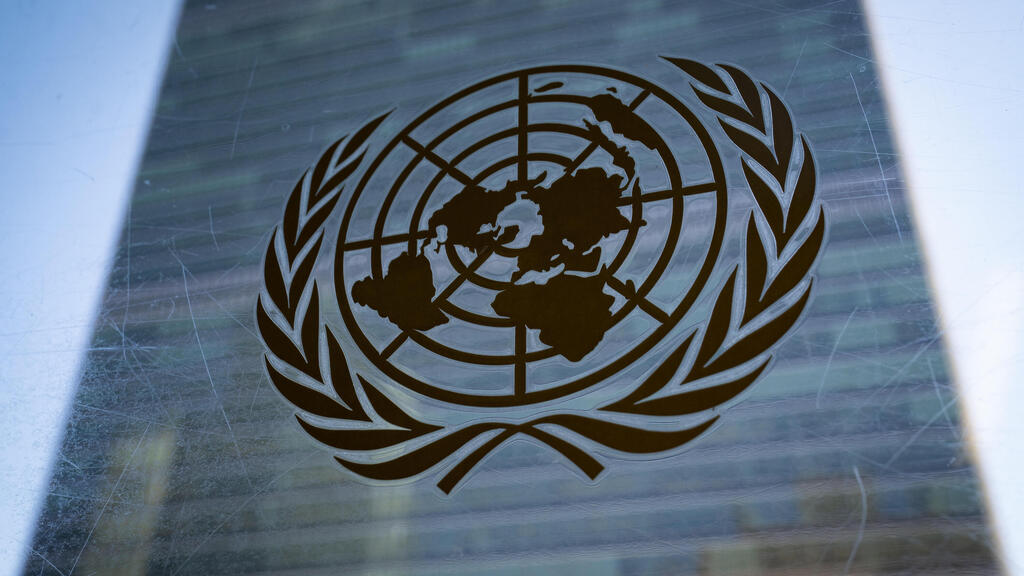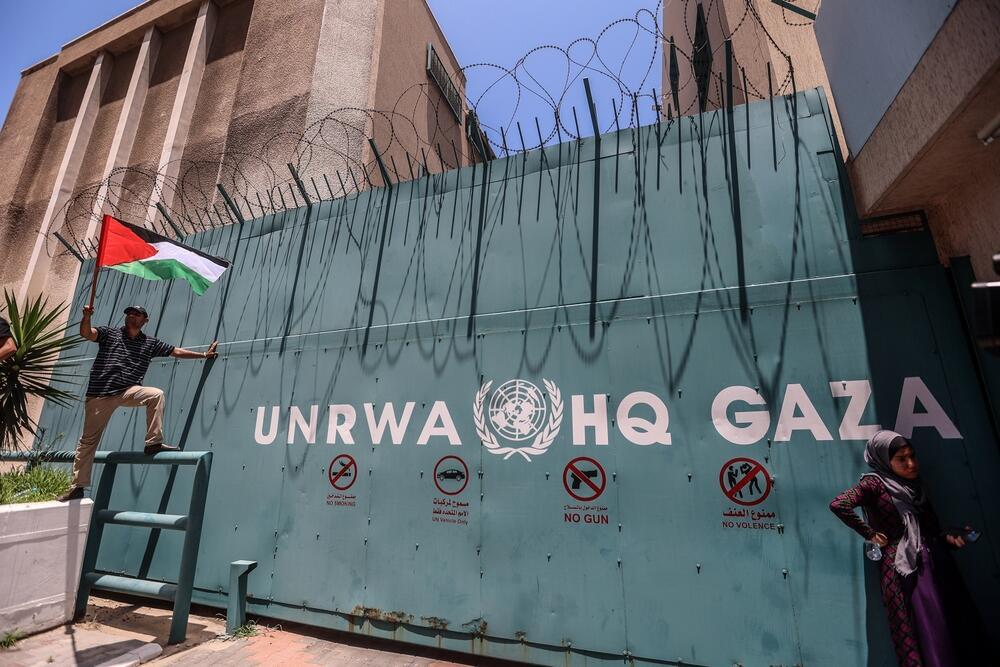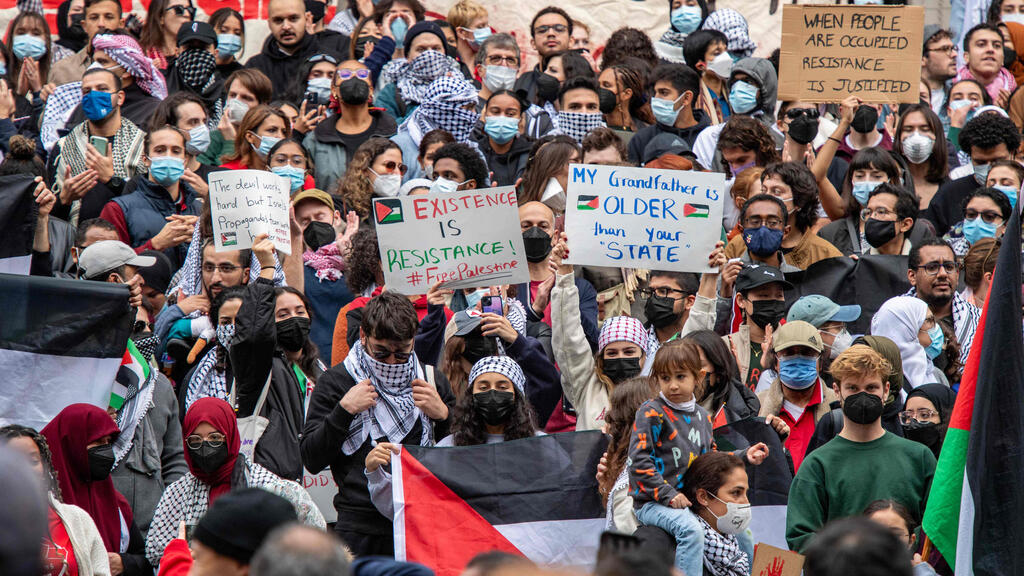Following the path of the League of Nations before it, the United Nations is similarly treading a path marked by partiality, compromising its fundamental mission of peacekeeping, especially in the context of the war between Israel and Hamas.
More stories:
The discovery by the Israel Defense Forces, of a Hamas tunnel under the UNRWA headquarters in Gaza, as well as an operational room dedicated to servers belonging to the terrorist organization, reveals not only a security breach but also a moral failing on the part of the UN, which is incapable of distancing itself from the influence of Hamas and its ideology.
These events highlight the UN's inability to deal with the various actors in the war between Israel and the Hamas terrorist group objectively and fairly. The organization's silence and delayed reactions to the atrocities committed by Hamas, including sexual violence against Israeli civilians, contrast with the speed of its condemnations in other contexts.
This reluctance to recognize and condemn terrorist acts when they target Israel, fuels this bias, thus undermining the UN's credibility in its fight against terrorism.
The refusal of the UNRWA Commissioner-General, Philippe Lazzarini, to acknowledge Hamas's influence over the organization demonstrates dangerous complacency and the moral bankruptcy of the UN agency.
UNRWA, mandated to assist Palestinian refugees, thus finds itself exploited, its resources diverted to terrorist activities, raising questions about the agency's funding. As the United States is deciding whether to continue funding UNRWA, members of the European Union should do the same.
In another vein, the handling of sexual violence starkly illustrates the UN's double standards since October 7th. While the organization is quick to denounce minor incidents in other circumstances, it shows astonishing restraint when the victims are Israeli. This silence is not only a betrayal of universal values of protection for victims of sexual violence but also a demonstration of how ideology distorts the UN's mission.
The influence of the Islamist and Muslim Brotherhood ideologies is not limited to the UN or the management of the Israeli-Palestinian conflict. It is also evident in their interactions with anti-racist and feminist movements, using their terminology to weaken democracies and absolve terrorist actors like Hamas.
This hijacking of social activism for specific political agendas reveals a vulnerability of the West and the UN to ideological manipulations, endangering democratic societies.
The role of Qatar and other Islamic states in spreading this ideology through the funding of academic institutions in the United States, in particular, underscores a well-oiled strategy aimed at reshaping the discourse on human rights and colonialism.
By systematically presenting terrorist groups as victims of oppression, these efforts seek to immunize these actors against legitimate criticism, while blaming their actions on the supposed colonial policies of the West.
Faced with these challenges, the UN is at a crossroads. It can choose to reaffirm its commitment to impartiality, transparency, and the universality of human rights, or continue to be influenced by partisan ideologies that undermine its integrity and mission.
To regain its credibility and legitimacy, the UN must distance itself from political and ideological influences that compromise its objectivity and reevaluate its control and accountability mechanisms. The current situation demands deep introspection from the UN.
It is imperative that the organization reexamines its practices, policies, and affiliations to ensure it remains a tool dedicated to nations and not a supra-administration held hostage by dictatorial states.
- Hillel Portugais-de Almeida is a political analyst.





